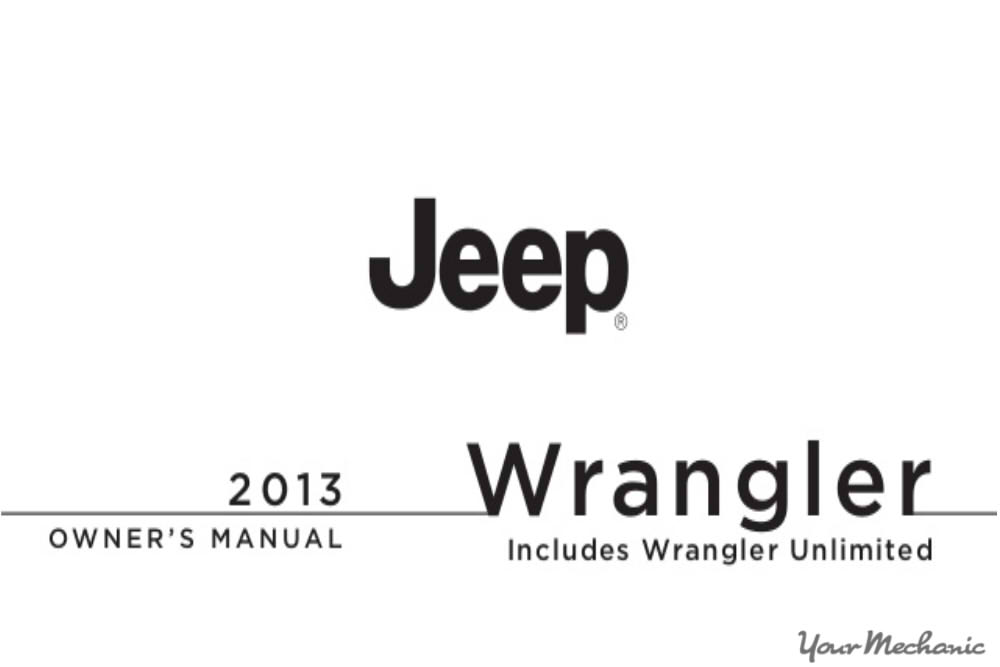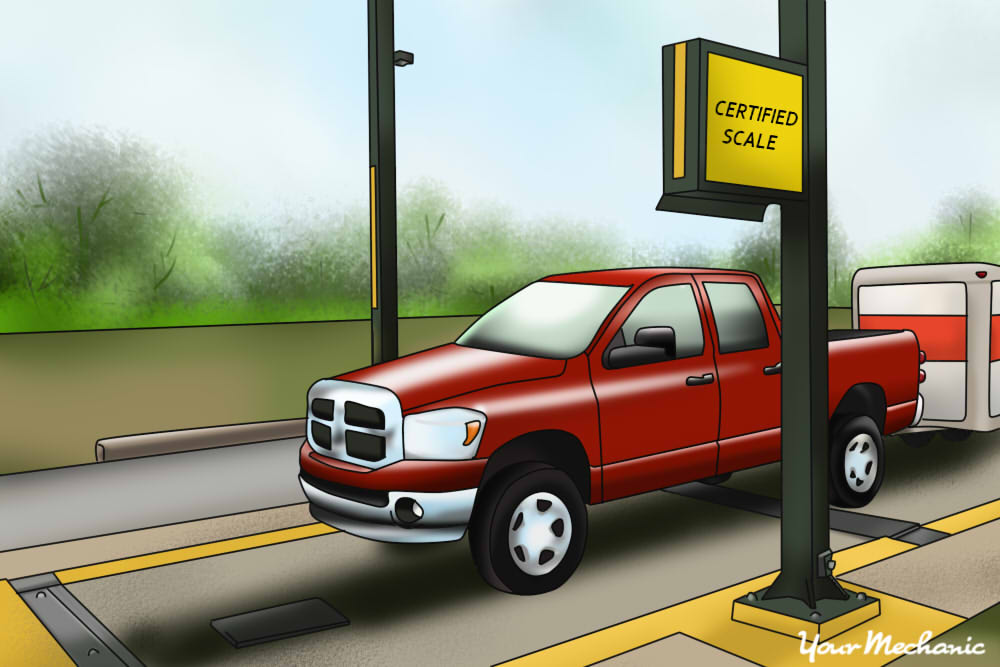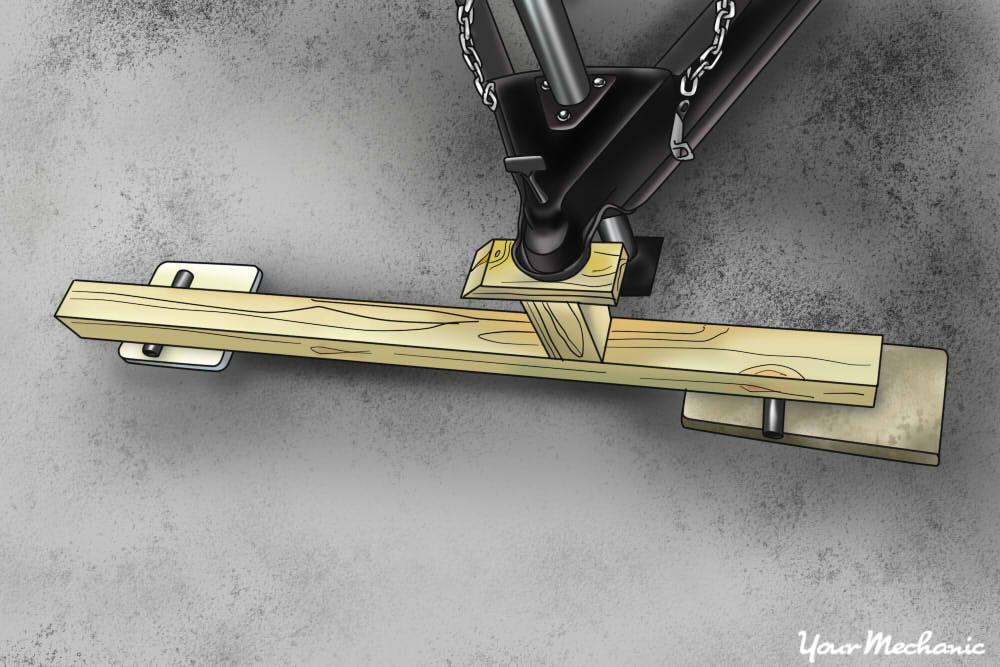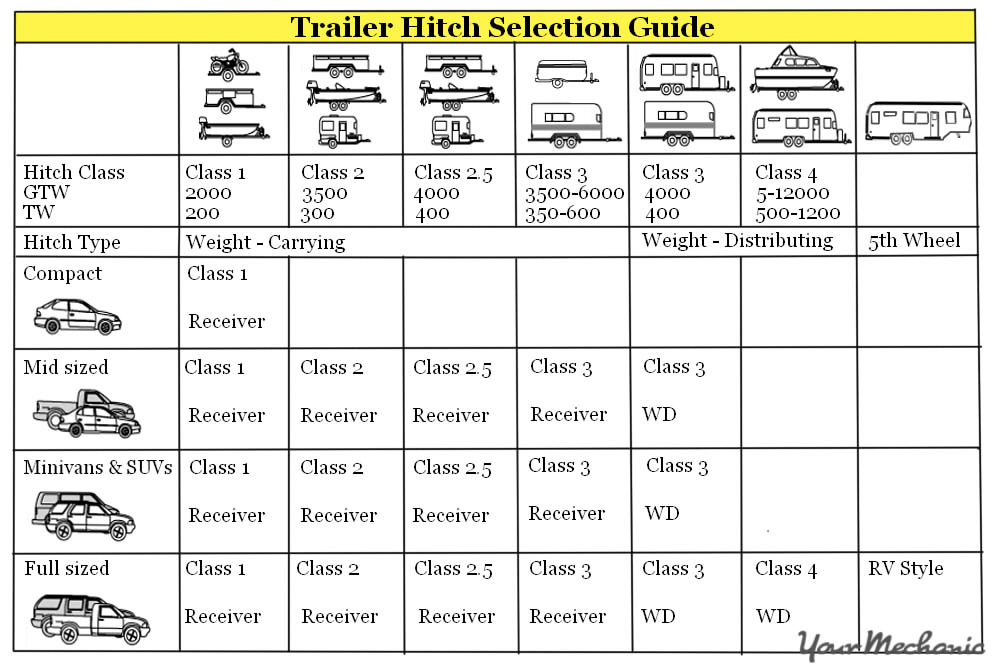

Before attaching a trailer to your vehicle, you will need to make sure that you have the proper trailer hitch installed on the back of your car or truck. Having the right trailer hitch is an absolute necessity for safe and secure trailer towing.
There are three basic kinds of trailer hitches: weight carrying, weight distributing, and fifth wheel.
A weight carrying hitch is usually what is used for cars and SUVs, and smaller trucks. A weight distributing hitch is usually called for with large trucks, and a fifth wheel hitch is reserved for the largest vehicles. However, if you’re not sure what trailer hitch is right for your vehicle, it’s fairly easy to figure out.
Part 1 of 4: Collect basic information about your vehicle and trailer
Step 1: Gather basic vehicle information. When you purchase a trailer hitch, you will need to know the make, model, and year of your vehicle, as well as the maximum towing capacity of the car.
- Tip: You can find the maximum towing capacity in your owner’s manual.
Step 2: Gather basic trailer information. You need to know the type of trailer that you have, the coupler socket size, and whether or not the trailer came equipped with safety chains.
You can find all of this information in the trailer’s owner’s manual.
- Tip: Not all trailers need safety chains, but most do.
Part 2 of 4: Finding the gross trailer weight and tongue weight
Step 1: Determine the gross trailer weight. The gross trailer weight is simply the entire weight of your trailer.
The best way to determine this weight is to take the trailer to your nearest weigh station. If there are no weigh stations nearby, you will have to find some other place that has a vehicle scale.
- Tip: When determining the gross trailer weight, you should always have your trailer filled with the items that you will be carrying in it. An empty trailer provides a very inaccurate reading of how heavy the trailer will be.
Step 2: Determine the tongue weight. The tongue weight is the measurement of the downward force that the trailer coupler will be exerting on the trailer hitch and ball.
Because the force from the trailer is split between the hitch and the trailer’s tires, the tongue weight is much less than the gross trailer weight.
To determine the tongue weight, simply rest the trailer coupler on a standard household scale. If the weight is less than 300 pounds, then that is your tongue weight. However, if the force is more than 300 pounds, then the scale will not be able to measure it, and you’ll have to measure the tongue weight in a different fashion.
If this is the case, place a brick of the same thickness as the scale four feet away from the scale. Next, place a small pipe on top of the brick, and another on top of the scale. Place a board across the two pipes, so that it creates a platform. Finally, reset the scale so that it reads zero, and place the trailer coupler on the board. Read the number displayed on the bathroom scale, multiply it by three, and that is the tongue weight.
- Tip: As with determining the gross trailer weight, you should always measure the tongue weight when the trailer is filled as it normally will be.
Part 3 of 4: Compare the gross trailer weight and tongue weight with your car
Step 1: Find the gross trailer weight and tongue weight ratings in your owner’s manual. Your owner’s manual tells you the gross trailer weight and tongue weight ratings for your car. These are the maximum numbers that your vehicle can safely handle.
Step 2: Compare the ratings to the measurements you made earlier. After measuring the gross trailer weight and tongue weight of the trailer, compare them to the car’s ratings.
If the measure numbers are lower than the ratings, you are good to proceed with buying your trailer hitch.
If the numbers are bigger than the ratings, you will need to either lighten the load of the trailer, or purchase a stronger vehicle.
Part 4 of 4: Find the right style of trailer hitch
Step 1: Match the gross trailer weight and tongue weight to the right hitch. Use the table above to figure out what kind of trailer hitch is best for your car, based on the gross trailer weight and tongue weight that you measured earlier.
It’s very important that you use the right trailer hitch with your vehicle. Failure to use the right trailer hitch is unsafe, and can cause malfunctions easily. If you are at any point unsure about what trailer hitch to use, or how to install it, simply have a reputable mechanic - such as the ones at YourMechanic - come and check out your vehicle and trailer.







